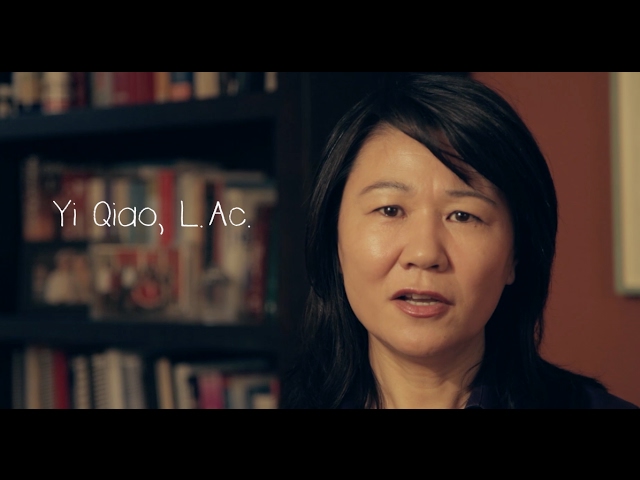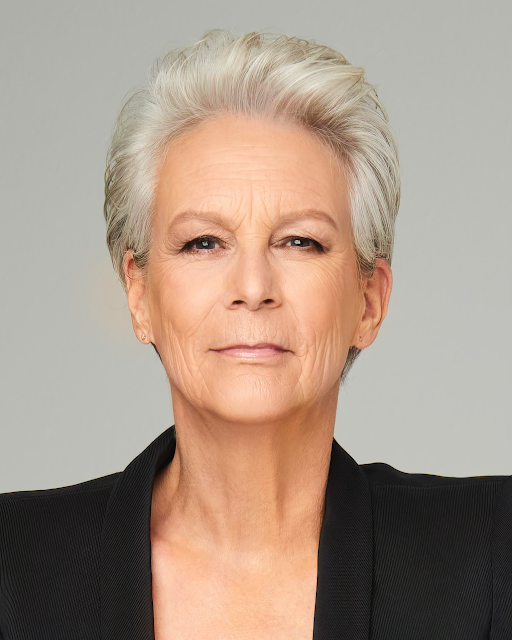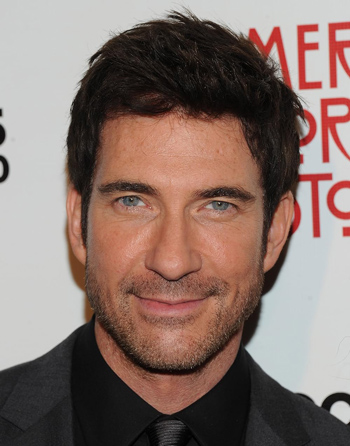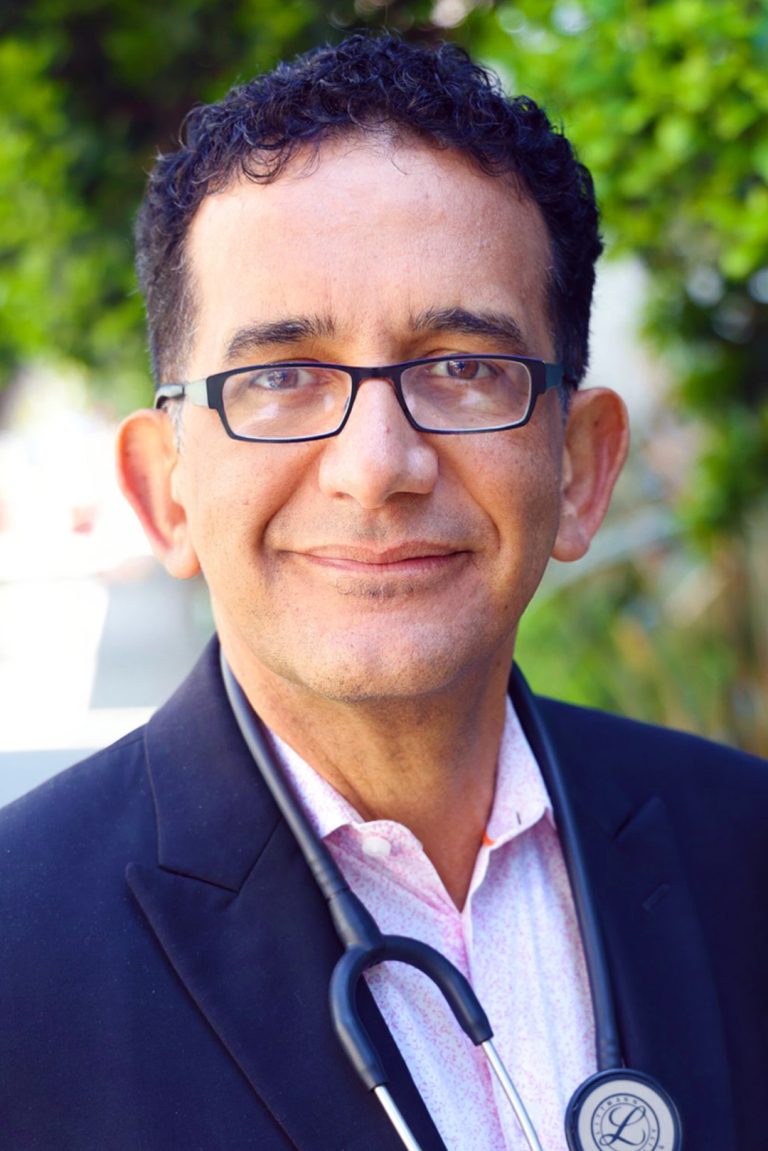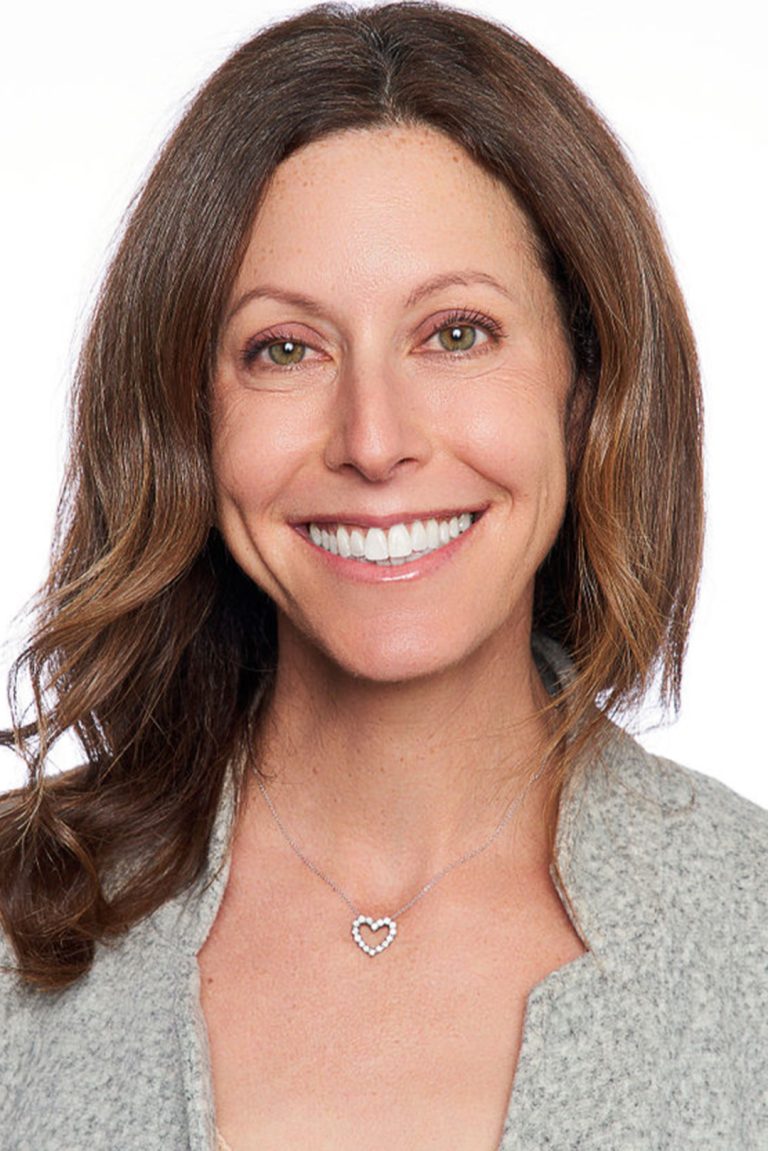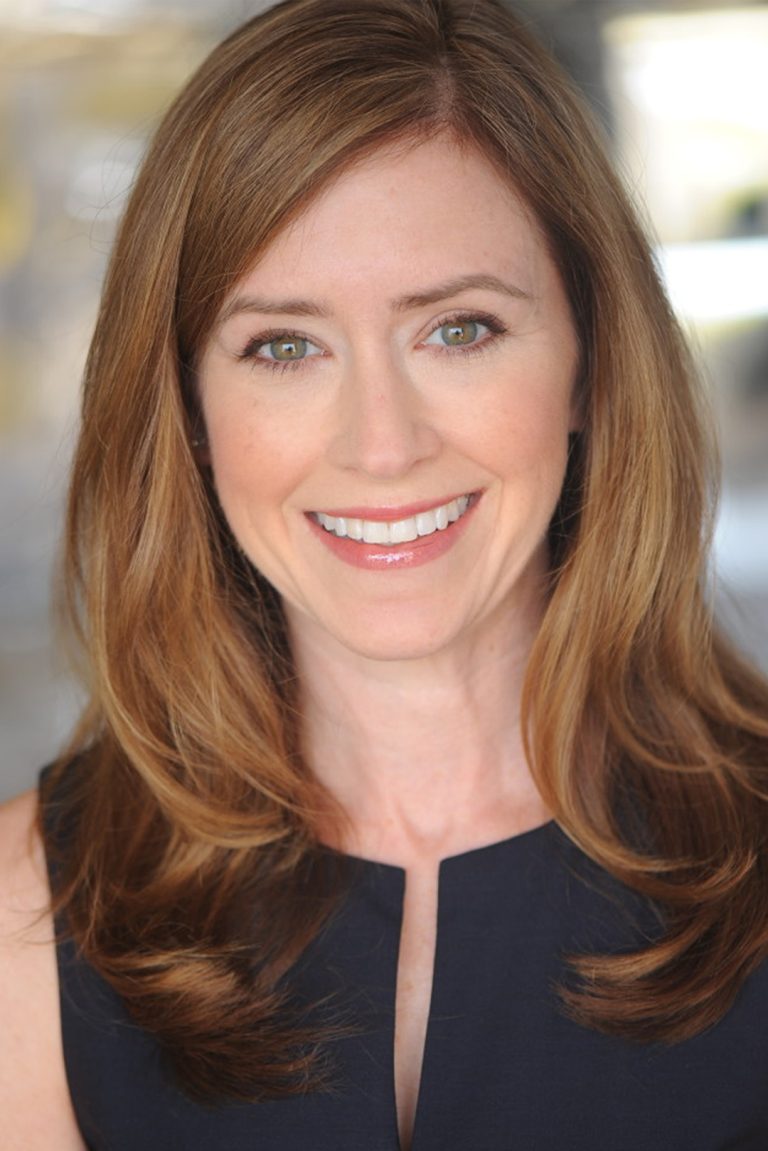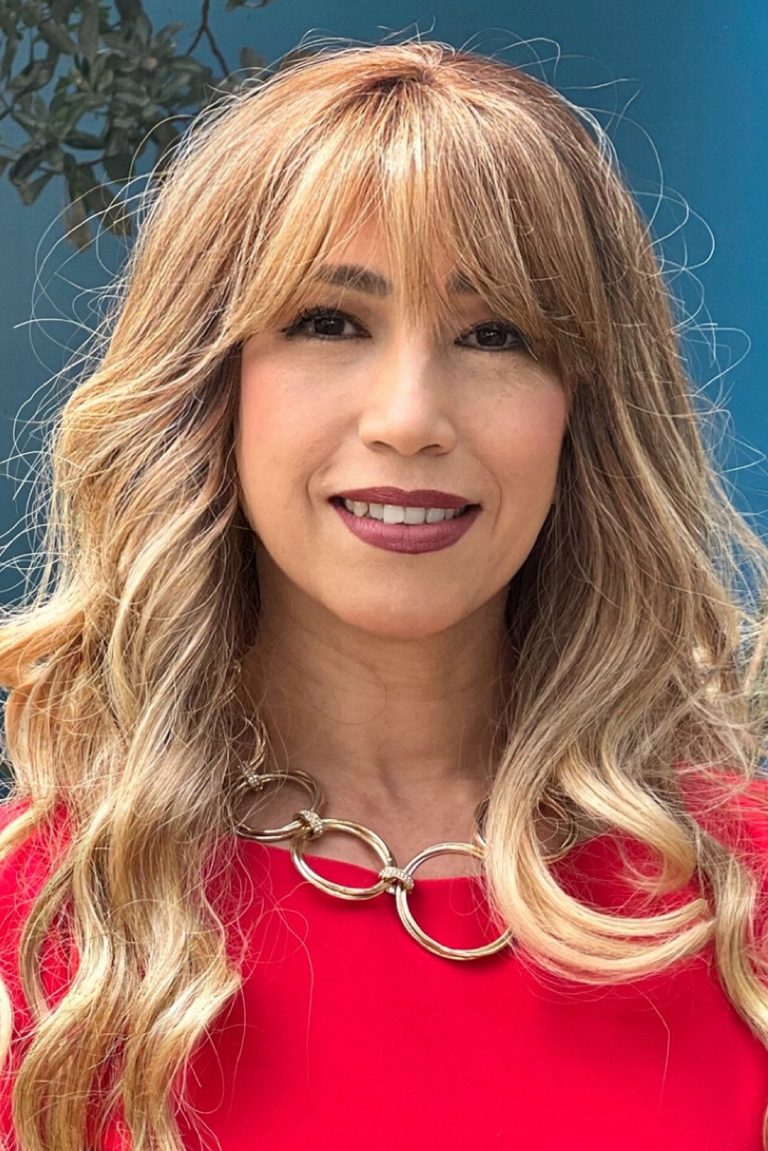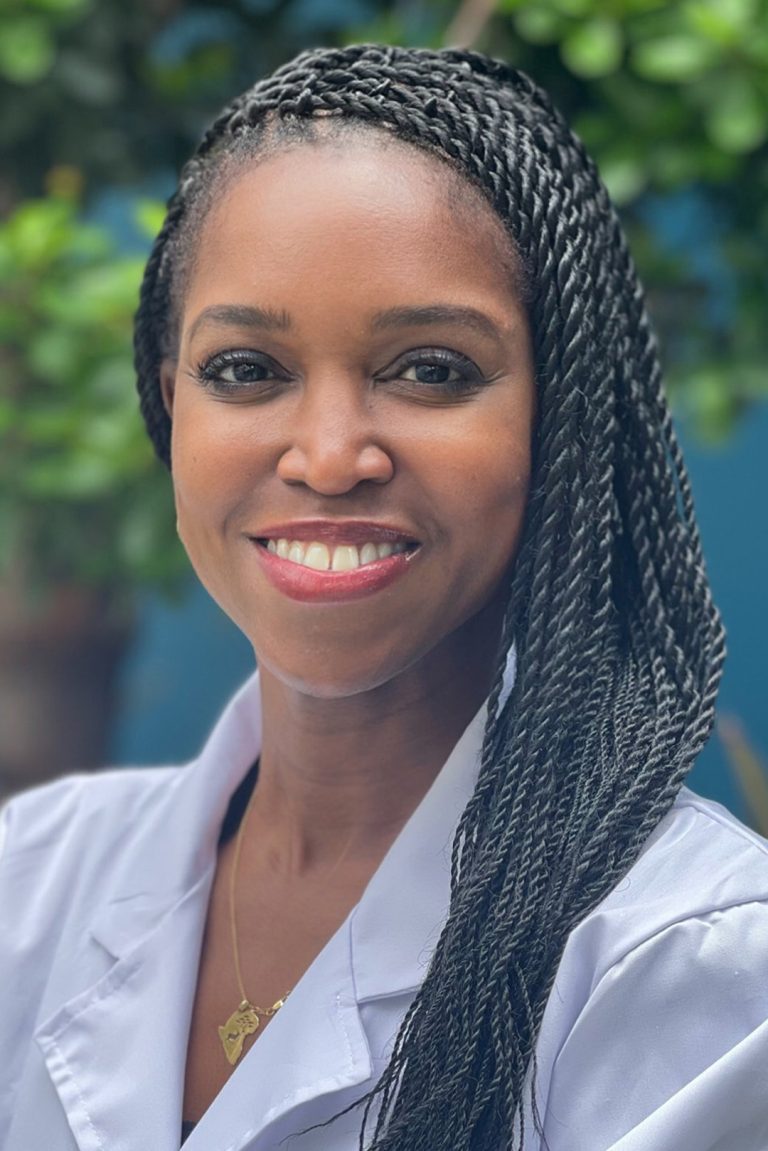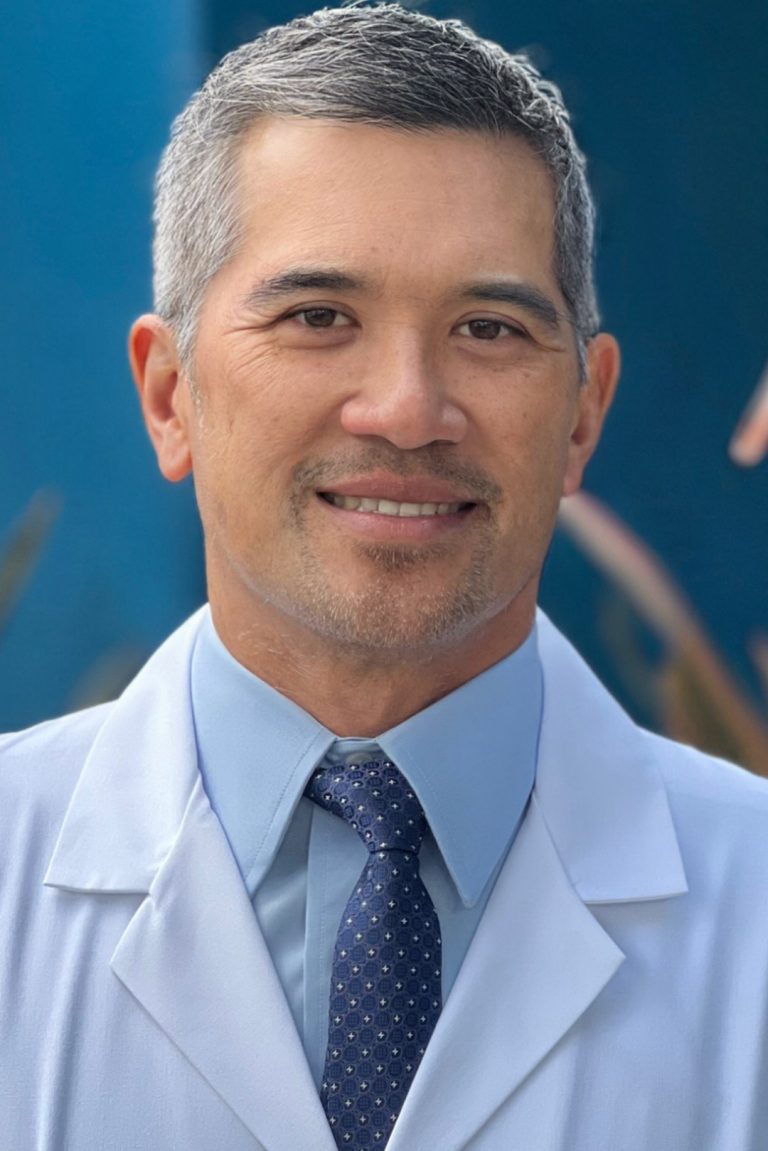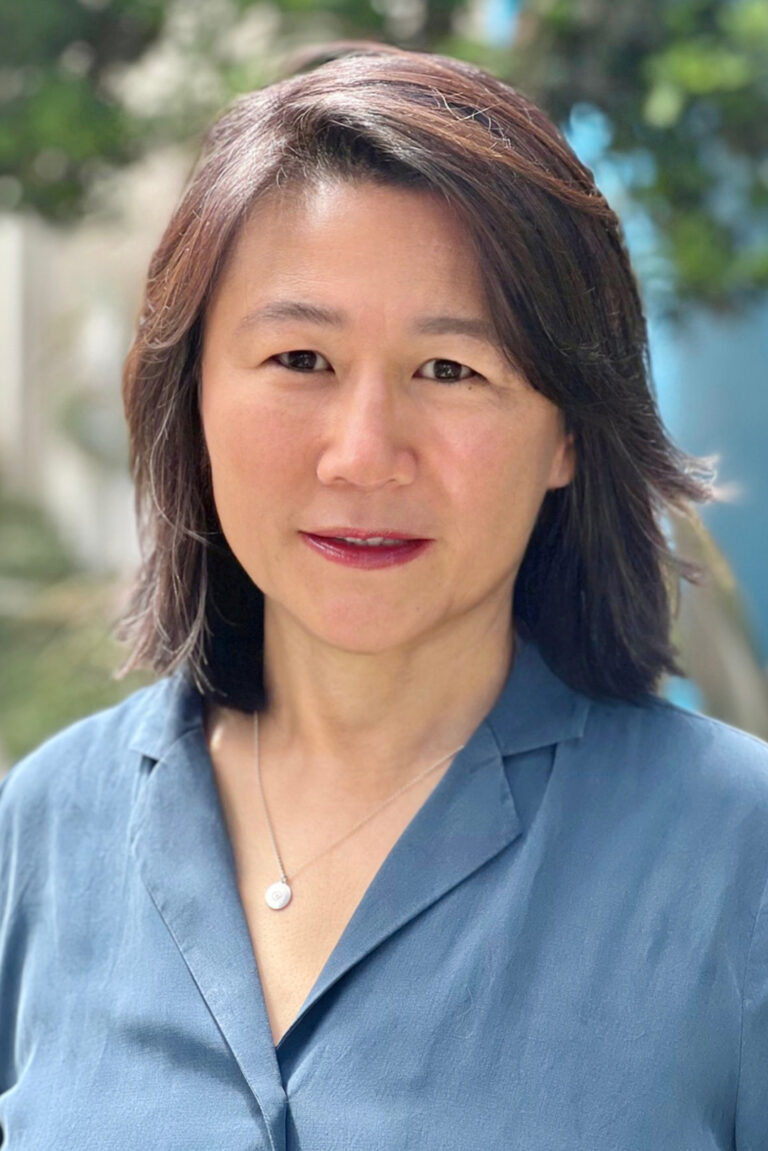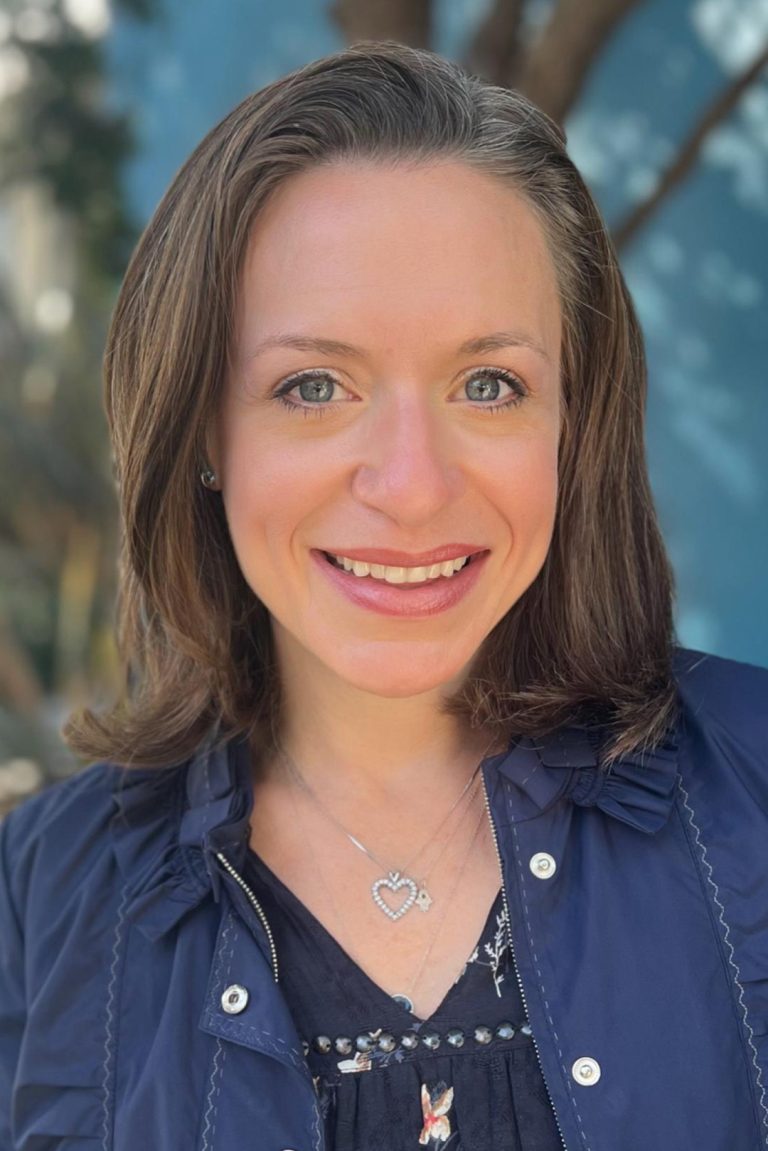Male fertility can persist late into life. While there is not a lot of evidence on the impact of advanced paternal ago on sperm health, we do know that men can conceive into their 70s and beyond. So much of the dialogue on fertility is focused on women and enhancing egg quality. When a couple is having challenging time getting, or staying pregnant, our attention is generally focused on the woman. Only recently have studies started to focus on the impact of advanced paternal age and its impact on fertility. We must not forget men, and the importance of sperm health, when discussing fertility – men are 50% of the fertility equation!
Here is how advanced paternal age (which has been described >50 years old, and in some studies >40 years old) affects sperm health.
- Increased risk of certain, rare, autosomal dominant genetic disorders: This consists of slightly higher risk of baby’s being born with certain genetic skeletal and connective tissue disorders such as Pfeiffer syndrome, Crouzon syndrome, Apert syndrome, and Achondroplasia.
- Increased risk of schizophrenia: There is a higher risk of children developing schizophrenia later in life when they were conceived by men over 50, compared to men under 30.
- Increased risk of autism: Offspring of men over 40 at the time of conception appeared to be 5.75x more likely to be born with autism spectrum disorder than to men under 30.
- Increased risk of spontaneous miscarriage: More research is needed in this area, but recent studies suggest that advanced paternal age – which has been estimated to be >40, has been associated with recurrent miscarriages.
Why is sperm health affected by age?
- Oxidative Stress: Our antioxidant defense system becomes less efficient with age. Inflammation, stress, and environmental exposures can increase levels of reactive oxygen species within sperm which can impact their functional and structural integrity.
- Epigenetic Changes: Epigenetics explains how the environment can change genetic expression without changing a cell’s DNA. We know that increased or decreased methylation can occur with advanced age which can affect fertility.
- Increased Sperm DNA Fragmentation: Sperm DNA fragmentation are abnormal genetic material which can reduce male fertility and increase rates of miscarriage and unsuccessful IVF.
- Testicular morphological changes: Age can contribute to testicular changes, including vascular and cellular changes, which can decrease the quality and quantity of the sperm they produce.
The good news is that there are nutrients, dietary, and lifestyle modifications that can help enhance sperm health and protect against age related sperm changes.
Best nutrients to support Sperm Health:
- Omega 3 fatty acids (EPA:DHA) supplementation at a dose of 2 grams daily can improve sperm health.
- Men’s Multivitamin (which may need to be further supplemented to reach desired nutrient doses)
- Folate (up to 1-5 mg) – increases sperm concentration
- Iodine (150mcg-250mcg)- beneficial to sperm health
- Vitamin D3 (25mcg-50mcg) to maintain normal levels
- B12 (500- 1000mcg of methylcobalamin)- beneficial to sperm health
- Zinc 66mg – improves sperm concentration and morphology
- CoQ10: 200mg for 3-months increases sperm count, motility, and morphology
- Acetyl L Carnitine: 1 gram daily for 3-months increases sperm motility and morphology
- Vitamin C: 1 gram daily for 3-months is shown to reduce DNA damage
- Antioxidants: Some of my favorite antioxidants and mitochondrial support include, reduced glutathione, NAC, Selenium, Alpha Lipoic Acid, Resveratrol, Curcumin, Vitamin A, C, E. You do not need to supplement with all these individually. There are several products available that have a combination of these nutrients which help enhance sperm health.
Fertility, IVF, and miscarriages is a WE issue, not just a woman’s issue. If you are planning to conceive and/or having difficulty becoming pregnant, or staying pregnant, it is important that both partners are involved in both the work up and treatment protocol.
Dr. Maggie Ney is a naturopathic doctor and director of the Women’s Clinic at the Akasha Center. She specializes in women’s health, hormones, heathy aging, and fertility. She loves supporting men and women in their fertility journey. You can schedule an appointment with her by calling 310-451-8880 or emailing us at info@akashacenter.com



